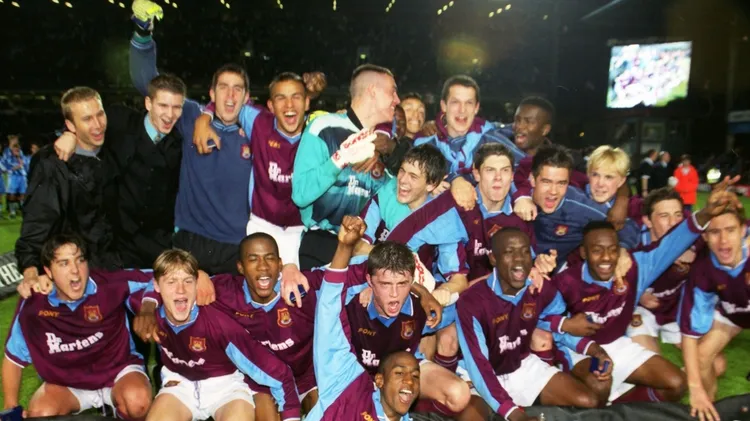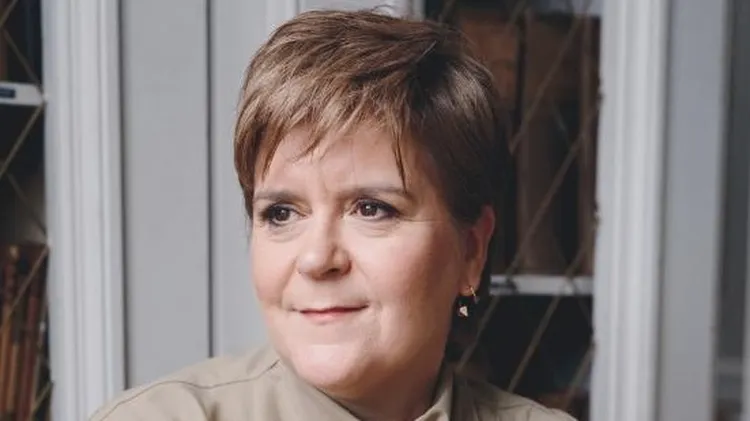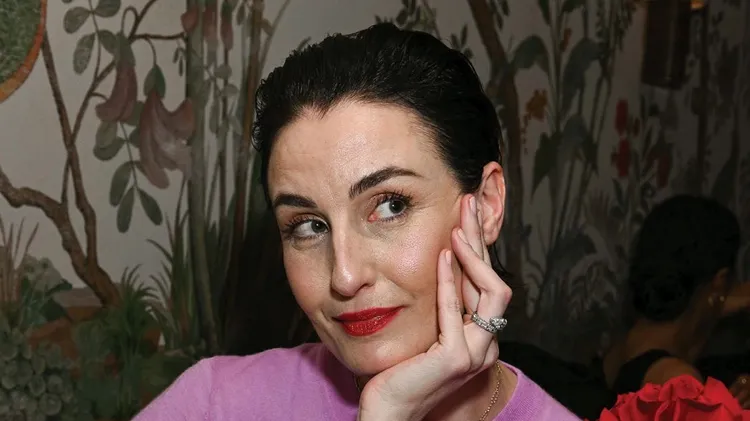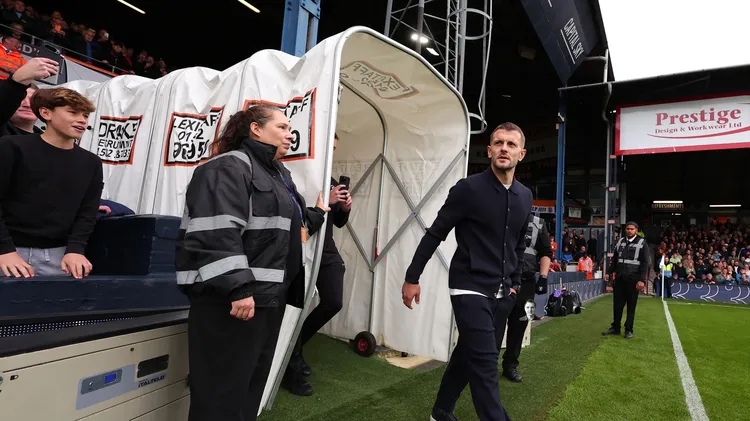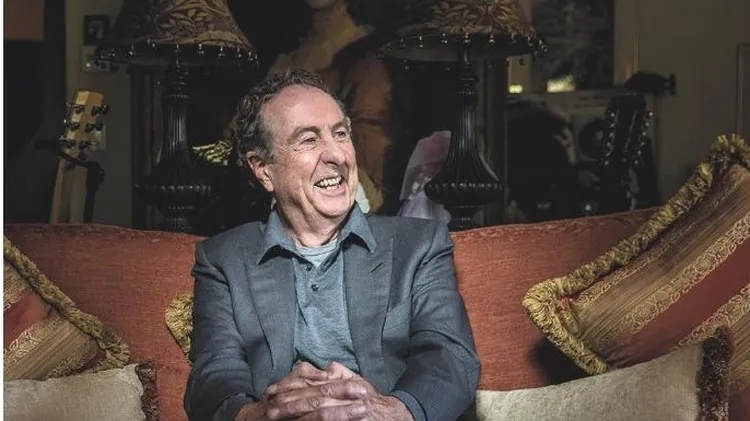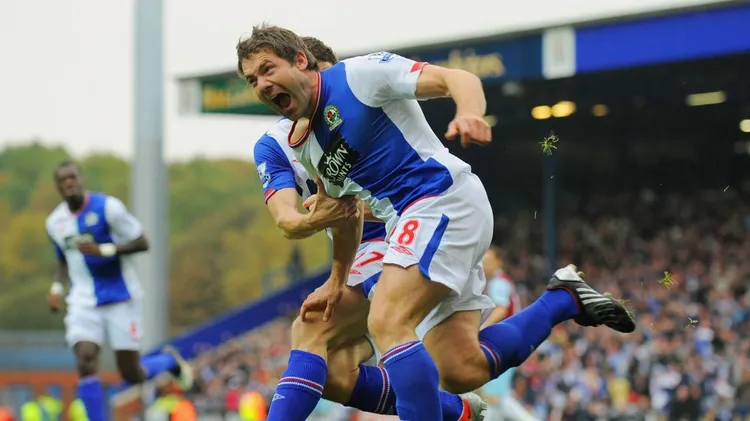He was left devastated by the end of his football career, but within years he��
Jermaine jenas
6 min read
This article is from...
Read this article and 8000+ more magazines and newspapers on Readly

